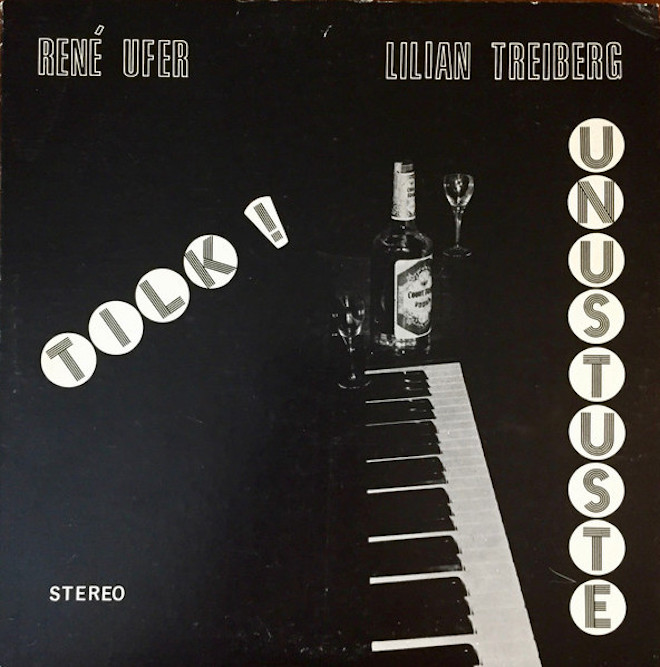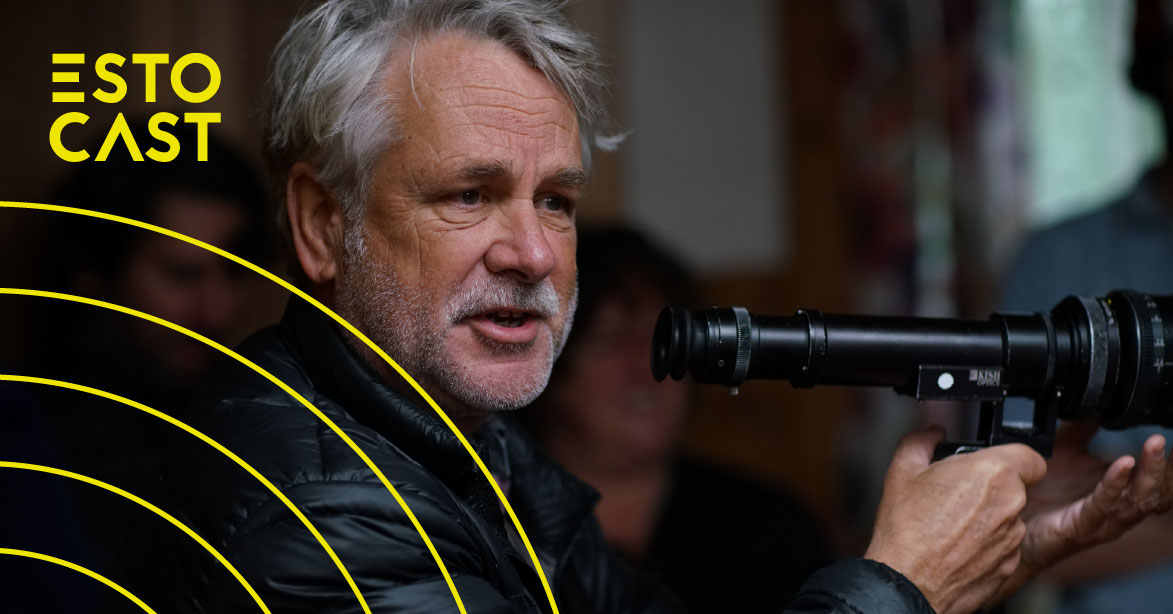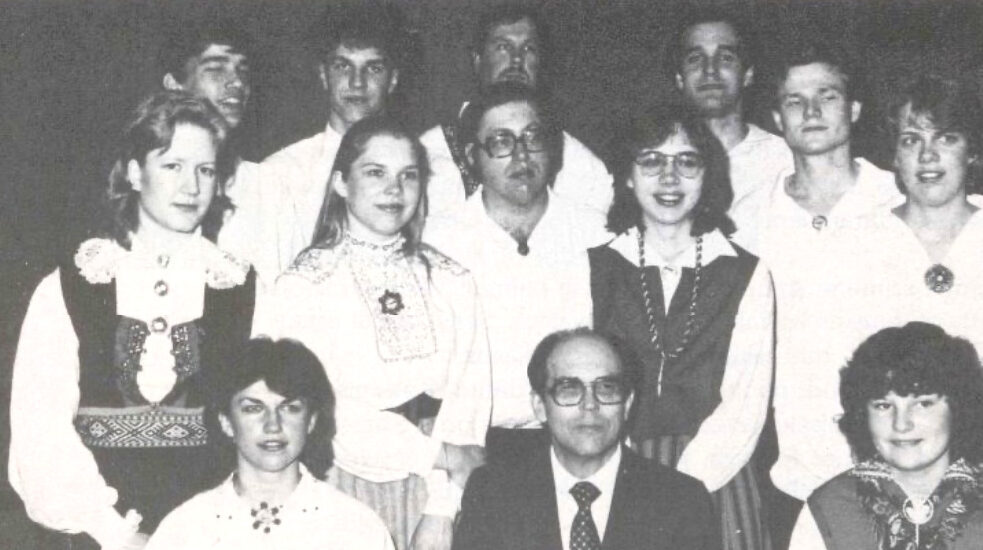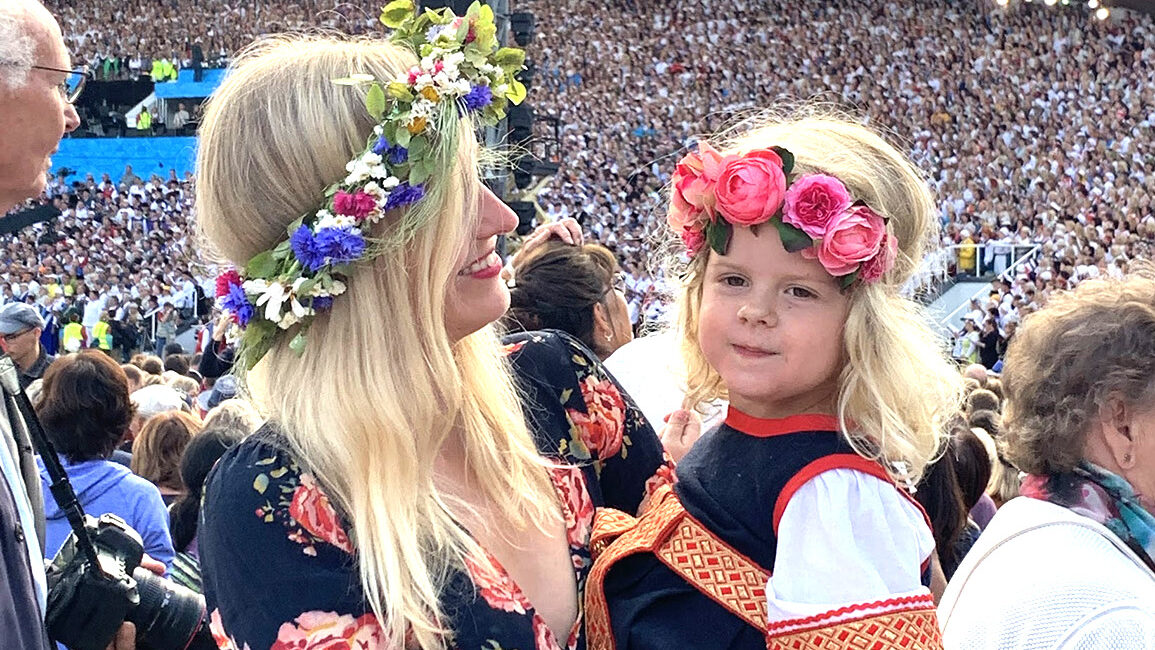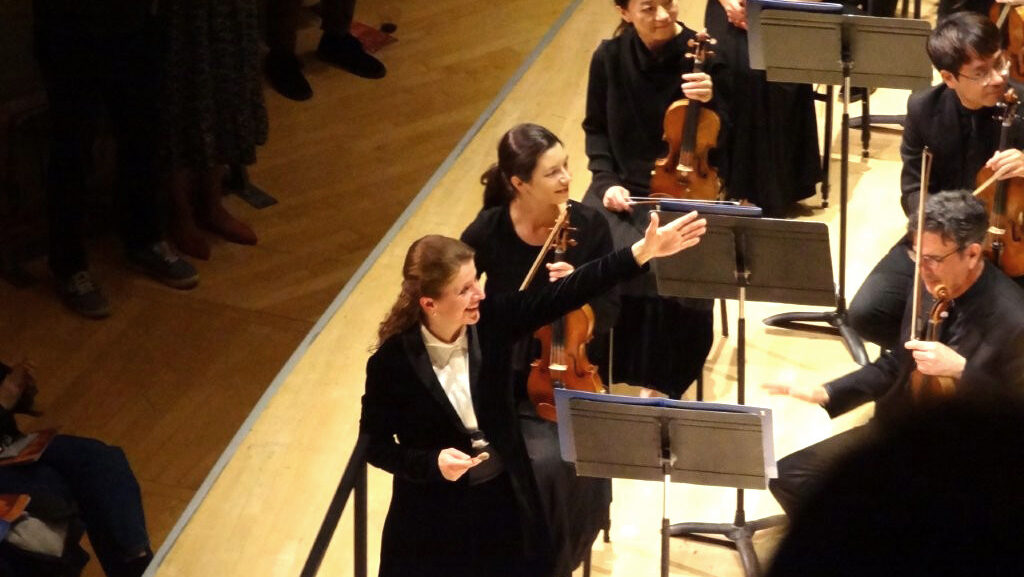Then, about a minute in, comes a chorus that picks the pace up, giving the tune a sweet and jolly polka sound. It's quite dramatic, but nothing unexpected or unusual for pop music from the 1970s, right? Although, it's sung in Estonian and recorded in Los Angeles by Rekalla Records, which makes it more rare.
One of the more trippy songs on the album is track five, “Lossivaremeis” (“Castle Ruins”), with a sludgy synth intro and mention of ghosts and corpses. It sounds like a Halloween cartoon soundtrack.
But tucked away on side A is “Kajakad” (“Seagulls”). There's an odd amalgam of what sounds like flute (or some kind of whistling effect), mournful folk ballad vocals, and a funky beat. It's true. Listen out for that drum beat. It has a grace note on the bass drum pattern in the first bar, and then some surprise open hi hat action later on.
Funk had already been around for 13 years (since James Brown's “Out of Sight” in 1964) when this was released, but the combination in “Kajakad” feels ahead of its time. It's screaming out to become the beat of a hip hop song. Hip hop producers are not afraid to reinvent songs through musical lab experiments, after all.
The stripped-back instrumental core of this song would be perfect for a sample. The bass playing is subdued, the cool-headed groove is like one you'd cook up on a drum machine, playing the part with your index fingers.
I'm not the only one who thinks this, either. “Kajakad” has created a small stir in the deep corners of the web, among music enthusiasts who hunt for lesser-known jazz, funk, and more on remix playlists and YouTube channels such as “Funked Up East.”
This is why I was riveted when I stumbled upon “Mutations”, by the hip hop collective Grand Analog, featuring Posdnuos (AKA Kelvin Mercer) of the hip hop trio De La Soul. De La Soul come from Long Island, New York, while Grand Analog are from Winnipeg, Manitoba. It's not easy to come by this record, so how did they choose it?
Grand Analogue's manager Graham Stairs explained “'crate digging' is an integral part of the North American hip hop culture. It is very competitive and Grand Analog’s producer, Alister Johnson, spends a lot of time digging for obscure vinyl… As Alister says, ‘if it sounds good, it is good.'” Johnson added, “The obscurity of the record was a big thing for sure. For example, once I found that copy (for $2 at a downtown record store), I showed my friends who dig really hard and none of them knew it. It spawned a search for the record. A few of them ended up finding copies and paying significantly for them.
“Mutations” is a song about time. The lyrics talk about how “the world keeps turning, burning, I'm going through changes… It's hard to define (these days), I've got mountains to climb (these days), so heavy on my mind (these days)…” The music video shows a teenage boy in Toronto going through a day of comforts, insecurities, and trying to up his style game. While the instrumental part of “Kajakad” plods along perfectly in this song, it generates a different mood than the somber 1977 recording. The older recording's first verse begins by painting a picture of a frigid coastal scene.
The same song was performed by singer Jaan Sööt and guitarist Andre Maaker for their 2018 album Armastusfilm. Sööt and Maaker give it a tango-esque spin, along with unhinged acoustic slide guitar and a smooth electric guitar solo.
The song was originally composed by the highly prolific songwriter Kustas Kikerpuu and dates back to at least 1971, when it appeared in one edition of Valter Ojakäär's songbook series titled Laulge kaasa!.
Kikerpuu composed over 200 songs, which have been performed by countless ensembles and singers. His popularity expanded outside of Estonia, including major label releases and artist collaborations in Finland. Nonetheless, this song must have the most mileage of all.
Written by Vincent Teetsov
